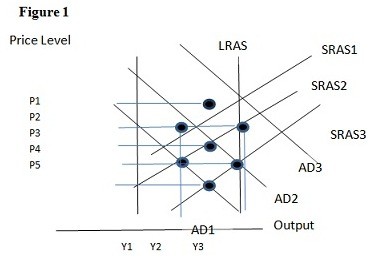If a nation's currency depreciates, this will tend to
a. shift a nation's balance of trade toward a deficit.
b. cause a deficit in the government's budget (expenditures - revenues).
c. make foreign goods more expensive for the nation's citizens.
d. make foreign goods cheaper for the nation's citizens.
C
You might also like to view...
In many countries, education is either wholly provided by the government or is heavily subsidized. How would an economist explain this?
A. Since education has a spillover? benefit, private markets will under provide for it. B. Education is a pure public good and those who do not pay cannot be excluded from it. C. Individuals will not purchase education because they do not benefit from it. D. Since education has a spillover? cost, private markets will over provide for it. E. The only way to provide education is through a? government-sponsored system.
Suppose a firm is a price searcher in the product market and hires labor in a perfectly competitive labor market. If the wage rate is $20, the marginal product of the last worker hired is 5, and the firm is hiring the profit-maximizing amount of labor, then the marginal revenue product of the last worker hired must be
a. $1 b. $1.50 c. $4 d. $5 e. $20
Using Figure 1 above, if the aggregate demand curve shifts from AD3 to AD2 the result in the short run would be:
A. P3 and Y1. B. P2 and Y1. C. P2 and Y3. D. P1 and Y2.
If the Fed decides to engage in an open market operation to increase the money supply, what will it do?
A. Sell Treasury bonds, bills, or notes on the bond market. B. Buy Treasury bonds, bills, or notes on the bond market. C. Increase the required reserve ratio. D. Increase the fed funds rate.